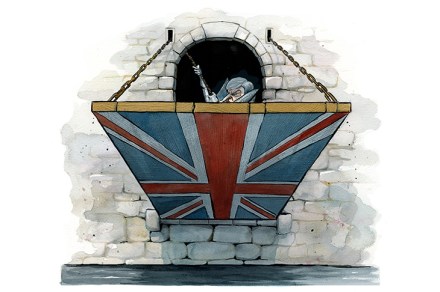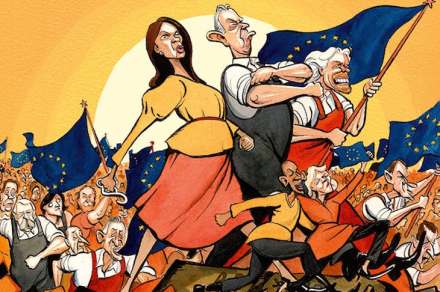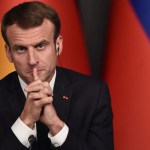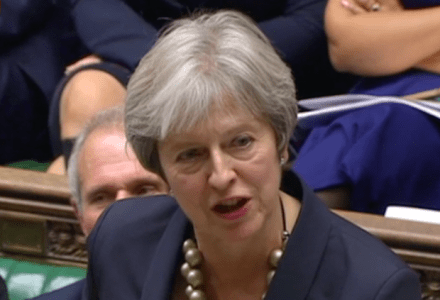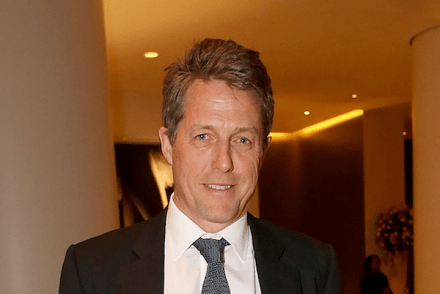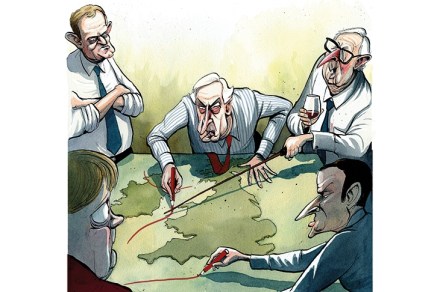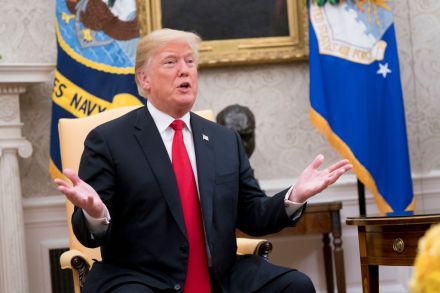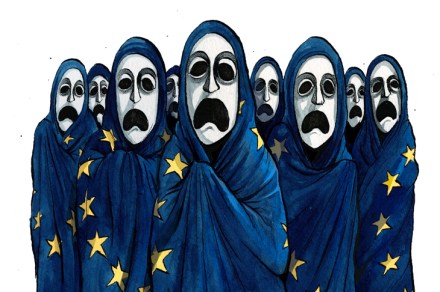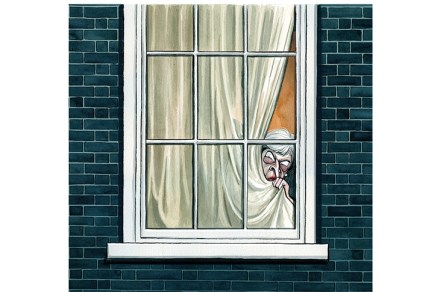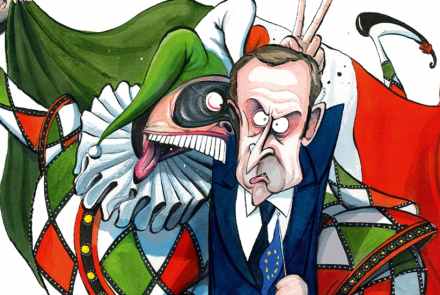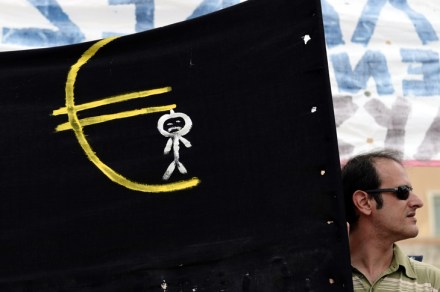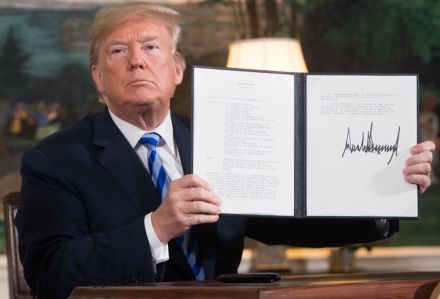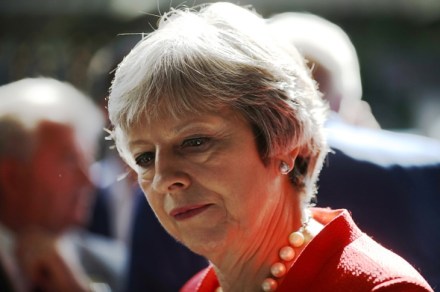The nation’s state
Did any of us, whatever our opinions, expect the level of blustering indignation that has emerged since the 2016 referendum? It seems to be reaching ever new heights — or depths — of invective and reciprocal disdain. On one side, ‘fantasists, crackpots, dunderheads… jabbering braggarts’ (as a Telegraph columnist described Leave MPs last week). On the other, a gaggle of ‘enemies of the people’, cowards and time-servers. Not so long ago, the sophisticated laughed that only a few eccentrics ‘banged on’ about Europe. Now we seem to have become a nation of head-bangers. As social media spreads extreme and insulting language far and wide, it is easy to think that
